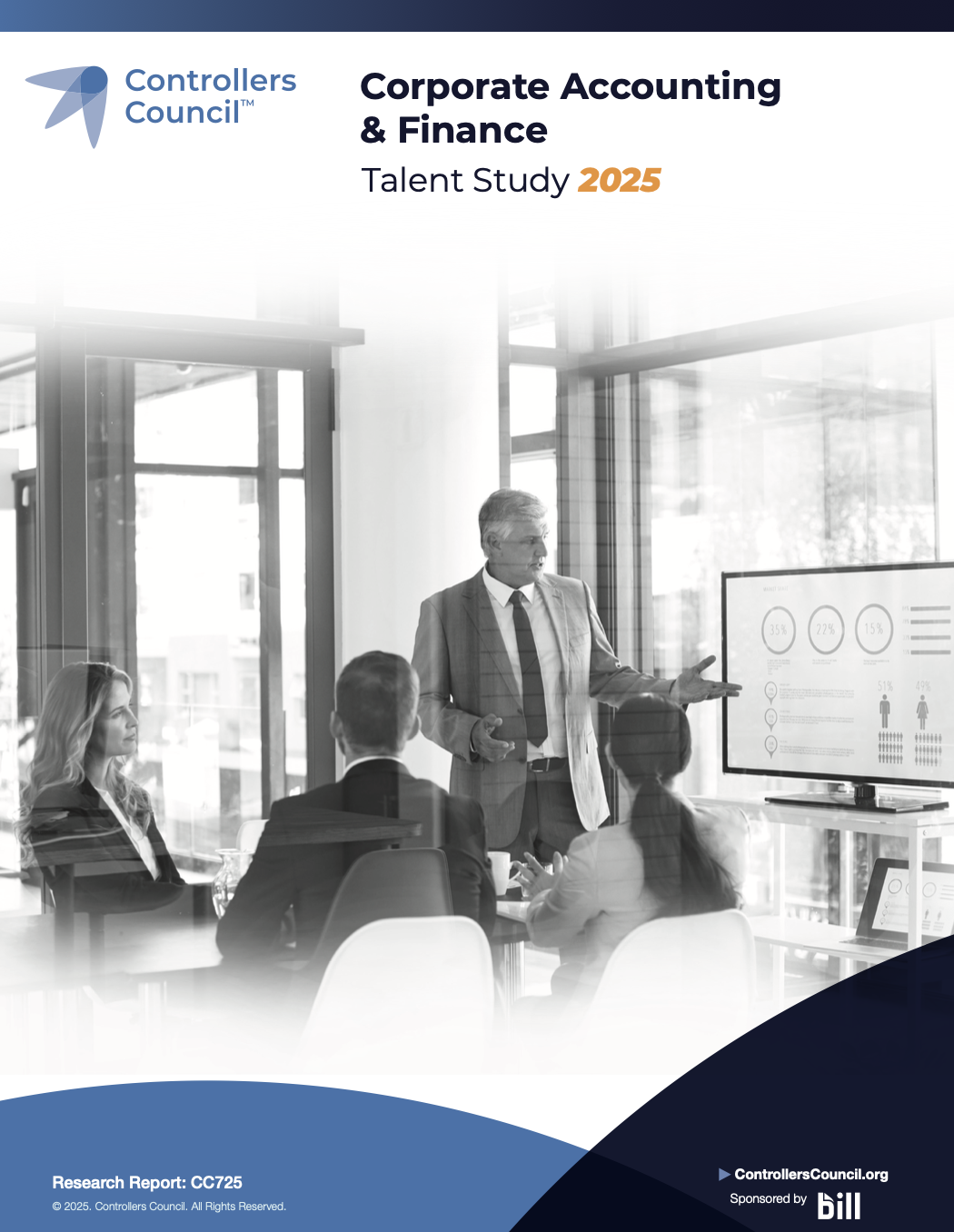There’s a light at the end of the tunnel. States are starting to reopen businesses, companies are starting to recover, and at some point, the world will look at this as little more than a speed bump in the economic boom. But we’re not there yet—money is still tight, and even if the CARES Act has provided a bit of leeway for businesses, even if June 1 is the turning point for economic recovery, that still means another month fighting to get your bills paid.
Following our article last month on the first steps to stabilizing your cash flow during a crisis, we’re offering even more tips on keeping the money moving.
It may feel like vendors are a bit more aggressive toward you than you are to your customers, and it may feel like the resources are running dry, but if you can make it through this month, it’s likely brighter. Getting paid matters, and is necessary to shoring up cash flow.
Getting Paid First (So You Can Pay Your Vendors)
Your business isn’t the only one whose money is tight. The very nature of a supply chain is the chain—products move one way, money moves the other. Knowing this, paying your vendors means you have to collect money from your customers. But how? Here are just a few tips according to NetSuite.
- Broaden Payment Options: Don’t make the payment process more difficult for customers than necessary. Instead of just taking card payments, think about offering online payments and auto-deduct options that will encourage cash payments.
- Speed Up Your Invoicing Strategy: Getting seen first could mean getting paid first. If you’re wasting days or weeks on invoicing, you’re missing out. If the process is manual and becomes onerous and leads to delays, consider switching to a solution that can automate it.
- The Squeaky Wheel Gets the Grease: Don’t let your invoices get forgotten in a crisis. Money may be tight for your customers, but you have to get paid. Reminder emails before a due date, notifications when a date hits, and calls after the day passes are all important to getting money in your coffers.
- Give Them a Reason to Pay Early: Customers are looking to cut costs too, so consider giving a discount to customers who pay their invoices early. Your goal is to have money, so 97 percent of what’s owed to you is better than zero.
- Give Them a Reason to Not Pay Late: If you’re in a crisis, you don’t have the freedom to offer the same flexibility. It may not feel great, but collections calls and late payment penalties are necessary.
Your Hub for Resources: The Controller’s Council
Though it may seem like we’re in the middle of the woods and it may feel like there’s no way out, rest assured, we’ve survived worse. Soon, the curve will “flatten” and the bounce will come, and when that happens, it pays to have a plan for success too.
That said, let the phrase ‘never again’ echo in your mind. Crises will happen again, and it pays to have the right people, processes, and technologies in place to adapt. Stay tuned for our crisis preparation guide.
Additional Resources
How Controllers Can Approach HR Initiatives During the COVID-19 Outbreak
The Pandemic Stress Test: Were Your Spend Management Processes Ready?




